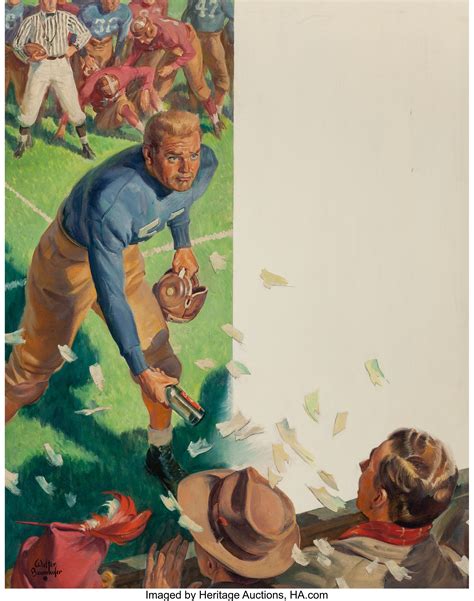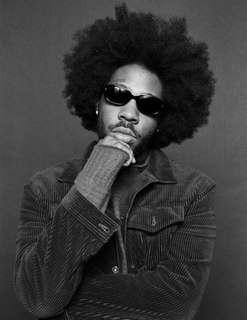A Quote by Rick Wakeman
But I listen to live recordings of things that I did back in the '70s and then how I've done things since. And there's no doubt about it: if I compare the two, it's like chalk and cheese.
Related Quotes
I used to live with two other guys. We used to cook two things. The first one was called 'cheese... thing' and that was where you get something and you melt cheese over it and the first one to guess what it is doesn't have to wash up. That's obviously quite Mediterranean; the other one was less complex. It was just called 'cheese fantasy.' That's where you come in, very drunk, at about five in the morning and find an apple and just pretend there's some cheese on it.
I take responsibility for the times I was arrested and the things that I did. Me being 33 now, I look back on those times and I wish that a lot of things I didn't do. I wish I could have back because I see how much I influence people. People wanna follow in my footsteps and I wish that I can now do more positive things, and that back then I'd done more positive things.
I've done everything. All of it. You think it, I've done it. All the things you never dared, all the things you dream about, all the things you were curious about and then forgot because you knew you never would. I did 'em, I did 'em yesterday while you were still in bed. What about you? When's it gonna be your turn?
College was really good for me. It's where I did my growing up, learning how to live on my own and to be myself. That really helped. I've eased my way into everything since then, so it doesn't feel too crazy. It's just about being the same person, whether good things come my way or bad things come my way, and to enjoy the opportunities I have.
There seems to be something in the zeitgeist, and maybe it's a function of - I'm no analyst, nor am I a psychologist - when you look at things and say, What if I could go back and change things? I think we live in a world right now where people are asking those questions a lot. What if we could go back and change what we did? How would we change the way we handled things in the Middle East, and how would we change things with the banking industry, and how would we change economic and educational issues?
There's this Indian fellow who worked out a cycle like the idea of stone-age, bronze-age, only he did it on an Indian one. The cycle goes from nothing until now and 20th century and then on and right around the cycle until the people are really grooving and then just sinks back into ignorance until it gets back into the beginning again. So the 20th century is a fraction of that cycle, and how many of those cycles has it done yet? It's done as many as you think and all these times it's been through exactly the same things, and it'll be this again.
I was really unfit last year, so I worked out for a long time, then spent time by myself in Oregon. For about two months the only person I saw was my trainer. Every day I did a lot of running and I just didn’t want to talk to anyone for two months. So when I started talking again, it was like you would communicate wrongly, like you wouldn’t really remember how to speak. That was one of the key things as well as just reading the book, reading the script a million times, just figuring things out.



































